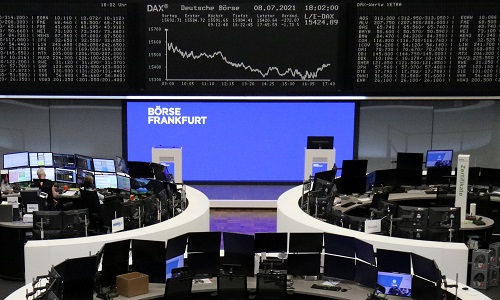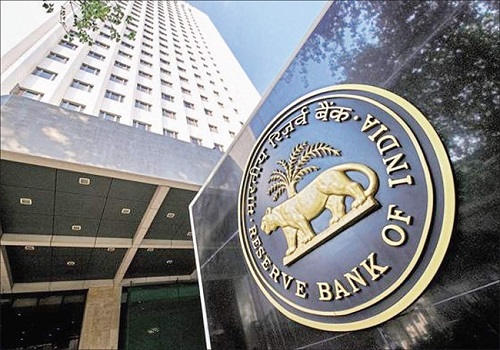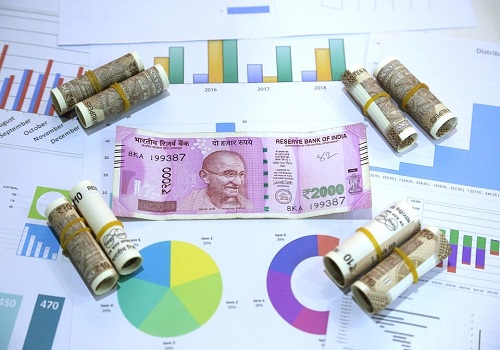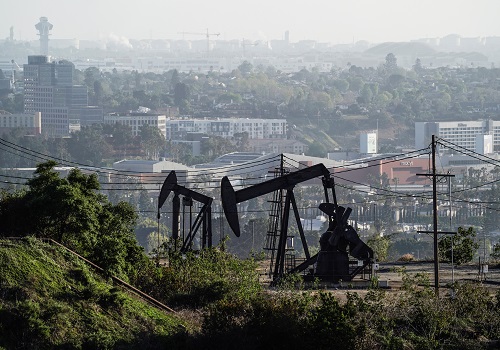COVID Delta upsurge keeps stock and commodity bulls in check

Follow us Now on Telegram ! Get daily 10 - 12 important updates on Business, Finance and Investment. Join our Telegram Channel
By Sujata Rao
LONDON - An upsurge in new infections caused by the Delta coronavirus variant capped equity and commodity price gains on Monday, with Wall Street tipped to open lower and bond yields holding just above multi-week lows.
Markets are also jittery at the start of an eventful week that will see the U.S. second-quarter earnings season kick off, the release of inflation data in several countries, and testimony by Federal Reserve Chair Jerome Powell which will be scrutinised for any talk of tapering.
MSCI's all-country equity index closed last week in the red but rose 0.2% on Monday, lifted by hefty gains across Asia where markets tracked Friday's record close on U.S. stocks. Asia-Pacific shares outside Japan rose 0.7% while Japan's Nikkei bounced 2.2%.
Chinese blue chips rose 1.1%.
But worries over the outlook were highlighted by warning from the finance ministers of the world's 20 largest economies that recent improvements in the global economy could be derailed by fast-spreading COVID-19 variants such as Delta.
A Reuters tally https://graphics.reuters.com/world-coronavirus-tracker-and-maps of new COVID-19 infections shows them rising in 69 countries, with the daily rate at 478,000.
The variant is responsible for record rises in infections in Australia where another lockdown looks imminent. South Korea has put its capital Seoul under the toughest anti-COVID curbs so far while cases continue to rise across Asia and Europe.
"There is a bit of a global coordination problem with different countries vaccinating at a different pace. The question is how well vaccinated you are and vaccinations are pretty low across much of Asia," said Colin Asher, senior economist at Mizuho in London.
Asher said however that for Western markets, with better vaccination rates, monetary policy would be the main focus.
U.S. inflation data due Tuesday will be particularly watched after the recent bond rally which sent U.S. 10-year Treasury yields 15 basis points lower at one point.
While markets have since stabilised, yields are not far off 4-1/2 month lows at 1.35%, pressured at least partly by investors' rethinking bullish sentiment.
Futures for the U.S. Nasdaq, Dow Jones and S&P 500 were a fraction lower while a pan-European equity index slipped 0.2%
Commodity prices too were subdued, with Brent crude futures slipping half a percent. London-traded copper, nickel and aluminium also fell, though China's Friday move to ease policy supported Shanghai metal futures.
China's decision to cut banks reserve requirements appeared to reflect policymakers' view that the economy was losing momentum. The cut will release the equivalent of $154 billion into the economy.
EARNINGS WEEK
Investors are eager to assess whether the earnings season will support Wall Street's run higher, with the S&P 500 .SPX up roughly 16% for the year so far, underpinned by the expected earnings surge.
Expectations for a 65% rise from the same 2020 quarter, according to Refinitiv. JPMorgan, Goldman Sachs, Bank of America and other big banks kick off results from Tuesday.
On currency markets, the U.S. dollar inched higher against a basket of currencies at 92.17 while the yen, which firmed last week to a three-week high against the greenback, eased 0.14% .
The euro firmed to $1.188 from last week's low at $1.1780. It did not react to comments by European Central Bank President Christine Lagarde that the bank will change its guidance on policy at its next meeting and show it is serious about reviving inflation.
(Reporting by Sujata Rao; additional reporting by Wayne Cole in Sydney, editing by Angus MacSwan)












 320-x-100_uti_gold.jpg" alt="Advertisement">
320-x-100_uti_gold.jpg" alt="Advertisement">











